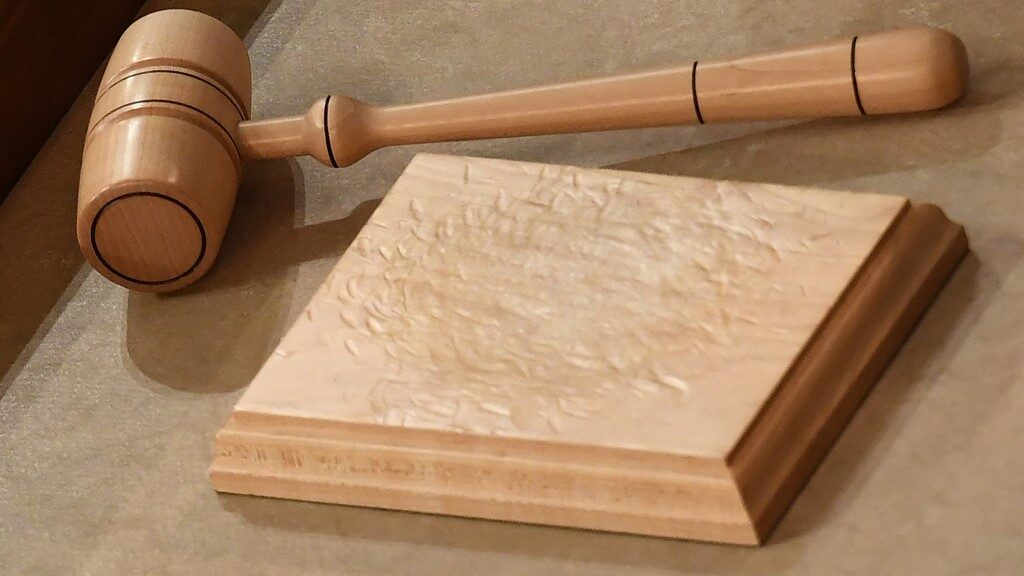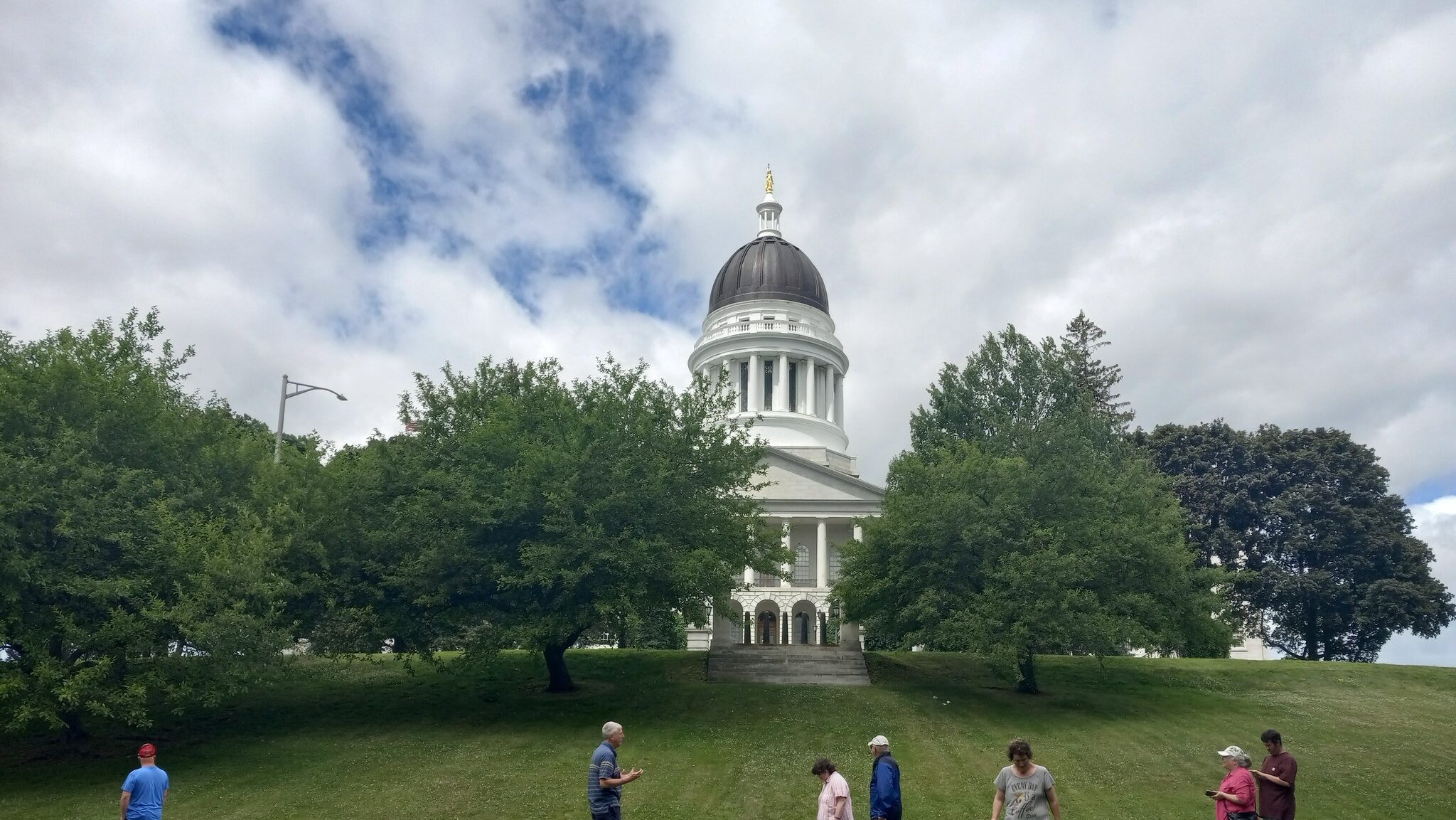
A recent legal challenge to the tribal casinos’ monopoly on sports betting in Washington State came up with snake eyes for the plaintiff, Maverick Gaming, last week. However, it doesn’t appear as though the legal jousting is over as Maverick has vowed to continue the fight.
A Modest Proposal
Maverick Gaming operates 19 of the 44 cardrooms in Washington State but is limited to poker and table games with no slots or sports betting allowed. And it is the latter that is the bone of contention for Maverick CEO, Eric Persson, who believes the tribes’ monopoly on sports betting since it was legalized in 2020 is unfair to the cardrooms operating in the Evergreen State.
“Nothing’s changed from when we first started talking,” Persson said. “We have the means and the ability to chase this down and we’re going to keep knocking on that door until sports betting commercially comes to the state of Washington and Maverick Gaming can participate.” As BMR reported in January, Persson is in the fight for the long haul even though he is a member of the Shoalwater Bay tribe that owns the eponymous Shoalwater Bay Casino.
And in fact, he goes so far as to say in his antitrust lawsuit that operators of the cardrooms are unfairly treated by the exclusive compact with the tribes because they are “irrationally and impermissibly discriminating on the basis of race and ancestry.” It’s unlikely Persson will be getting any birthday cards from his fellow tribesmen and women.
Ruling Against Maverick
U.S. District Court Judge David Estudillo ruled against Maverick and cited the Shoalwater Tribe as a limited intervenor in the case, and also one that is a sovereign nation.
“Given this history, and the economic and sovereign rights implicated by Maverick’s suit, the Court agrees that Shoalwater is ‘necessary, and if not susceptible to joinder, indispensable to litigation seeking to decimate that contract’,” Estudillo said.
Maverick contended that federal attorneys could represent the tribe as they have done in the past with legal challenges to the Indian Gaming Regulatory Act. But because the feds have no vested interest in the outcome, aka no skin in the game, the judge ruled against Maverick.
Rebecca George, executive director of the Washington Indian Gaming Association, applauded the verdict and stated it was “an important legal victory,” and deemed it an endorsement of the “collaborative and productive partnership that Washington’s tribes have developed with state and federal officials to create a safe, limited, and well-regulated system of gaming in Washington State.”
Maverick Vows to Fight Another Day
If Persson stays true to his word, an appeal is a virtual certainty. When entering into this litigation the Maverick Gaming leader said, “There’s zero circumstances in which I’d settle. I have the resources to go all the way, and so do they. So, there’s going to be a battle. We’re going to have a lot of fun, and I’m going to win. That’s what makes it fun.”
Persson also made a case that Washingtonians would be adversely affected if sports betting wasn’t allowed to be commercially shared with non-tribal entities.
“There’d be over 600 jobs paying over $75,000 a year that would help a lot of families,” Persson insists. “I think sometimes that gets lost in the shuffle. So much politics being played, and card rooms being excluded and tribes feeling like they’re winning. But who’s hurting is Washingtonians because these jobs matter.”
The Shoalwater Bay tribe pointed out the irony in Persson suing his own people by saying, “He now seeks to destroy … the major source of employment and discretionary revenue for his own Tribe.”
*Bookmakers Review will continue to monitor this story and update our readers as events unfold.













